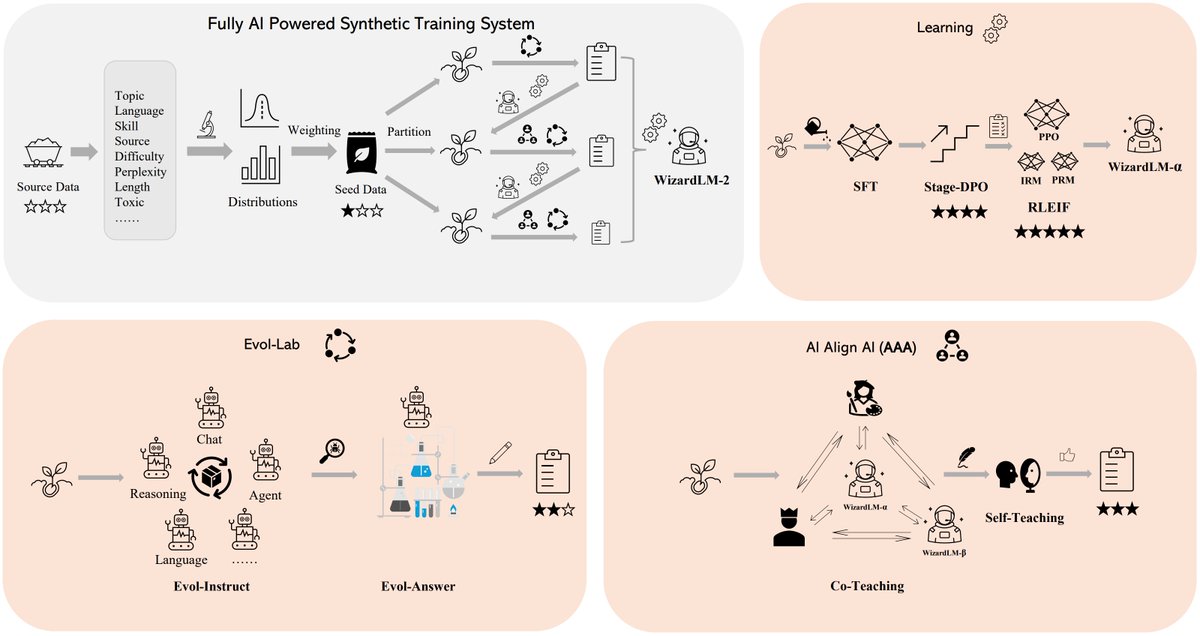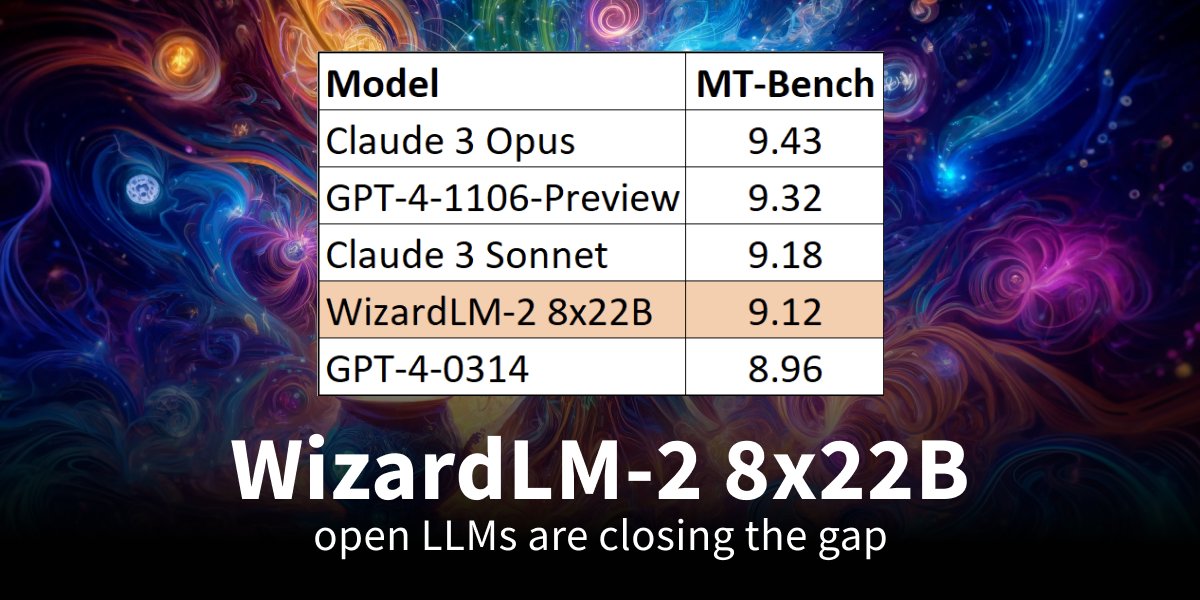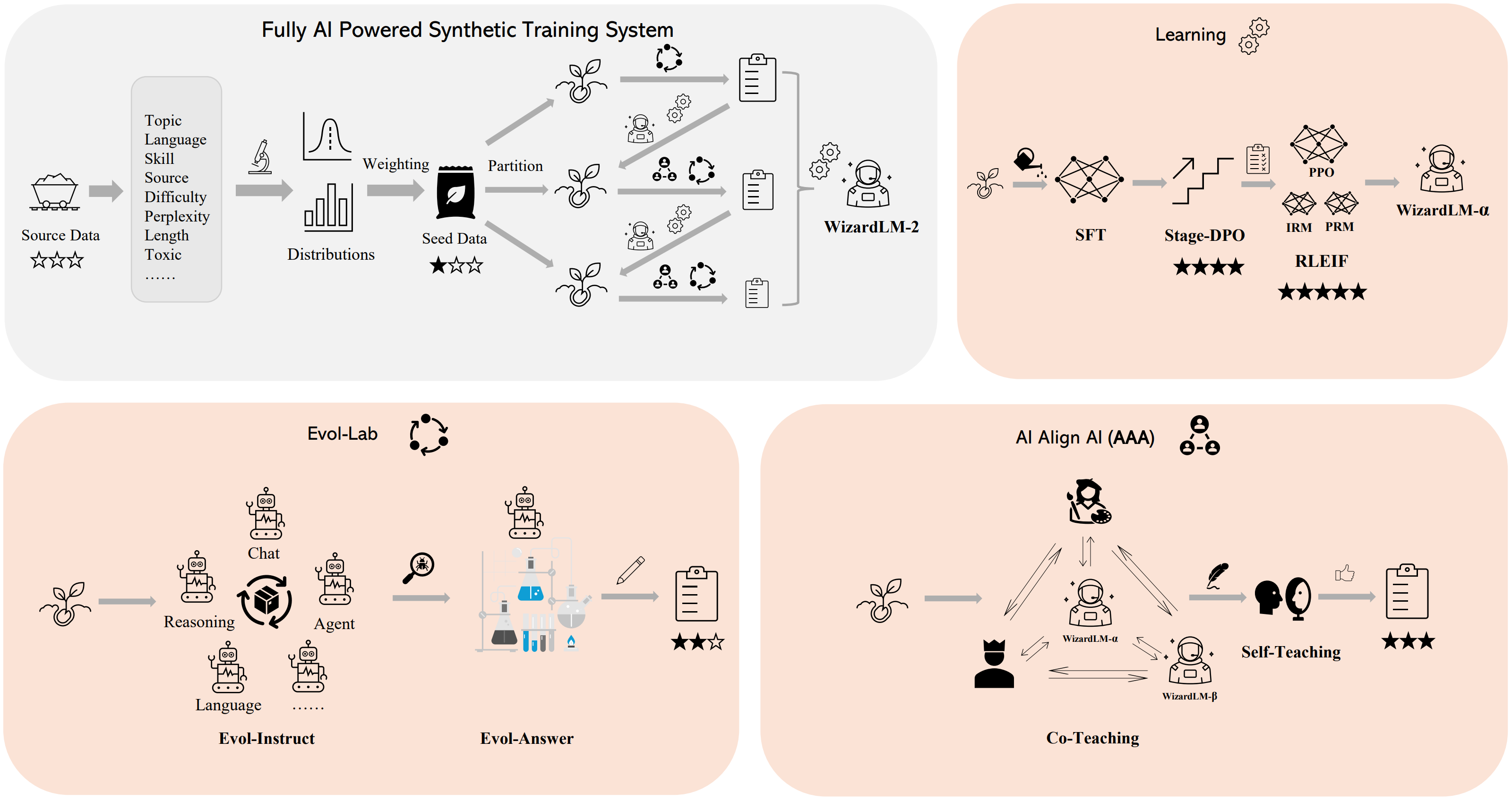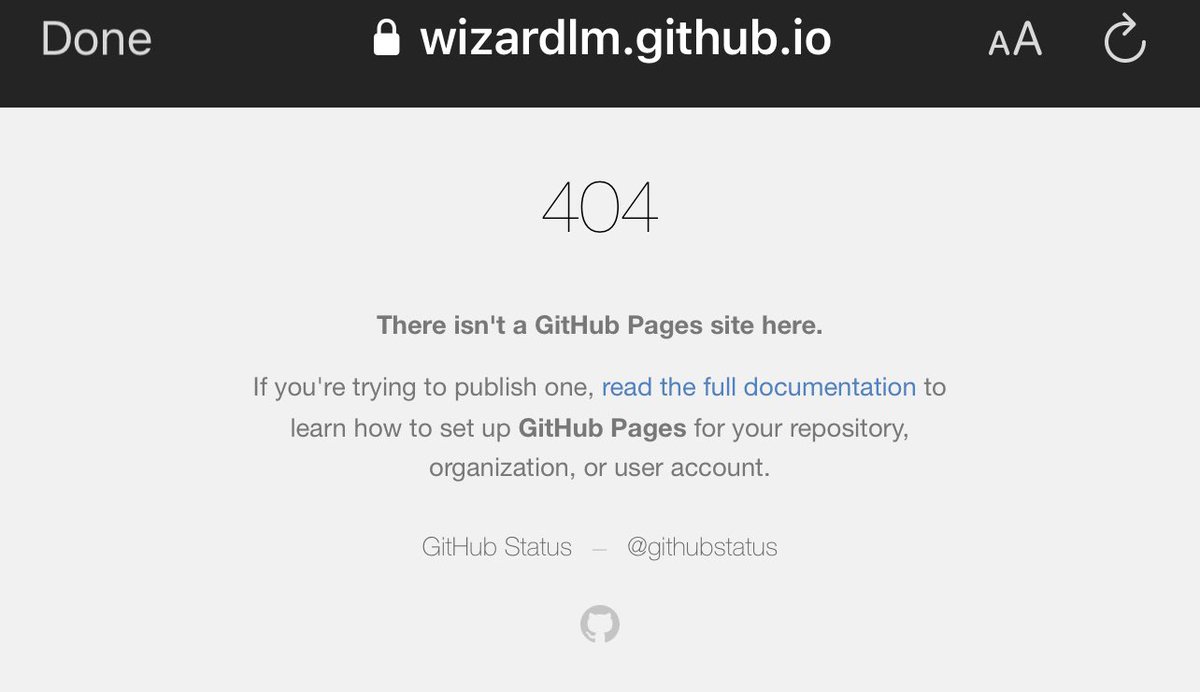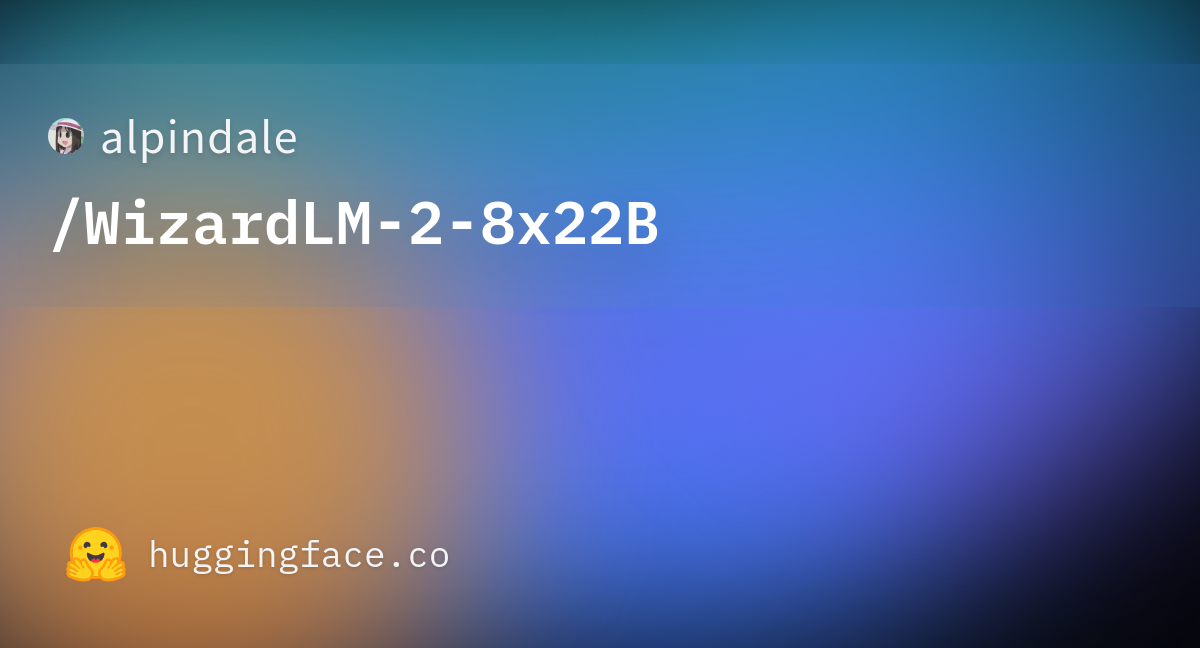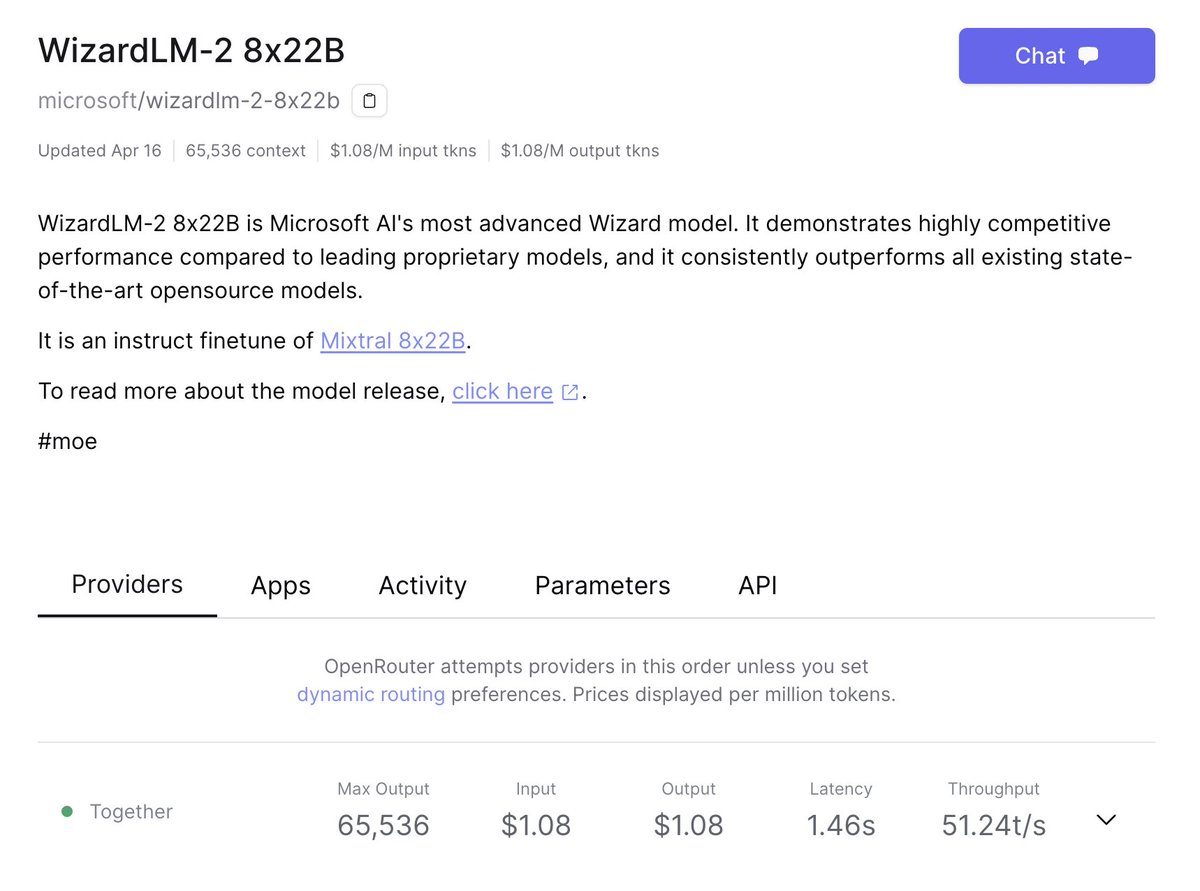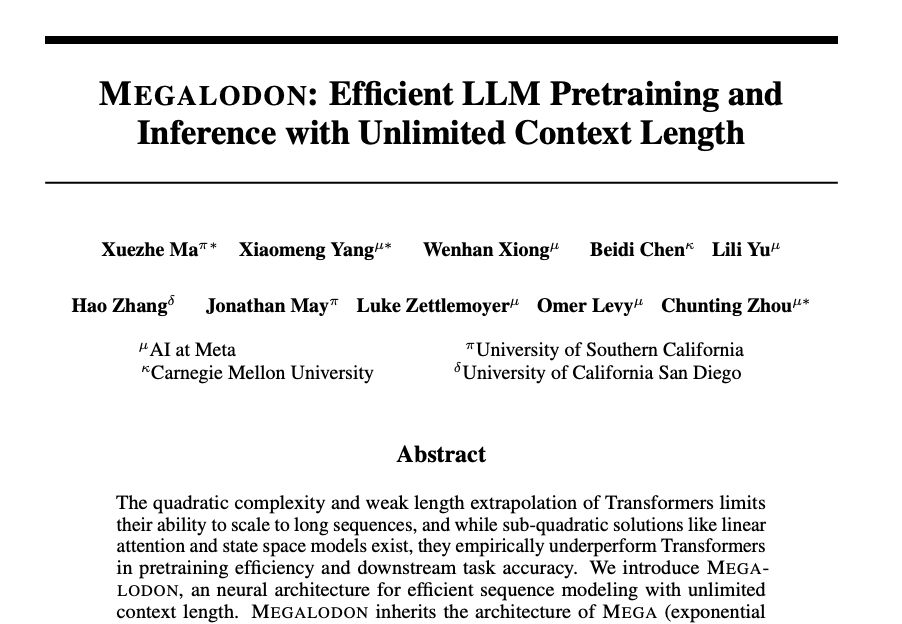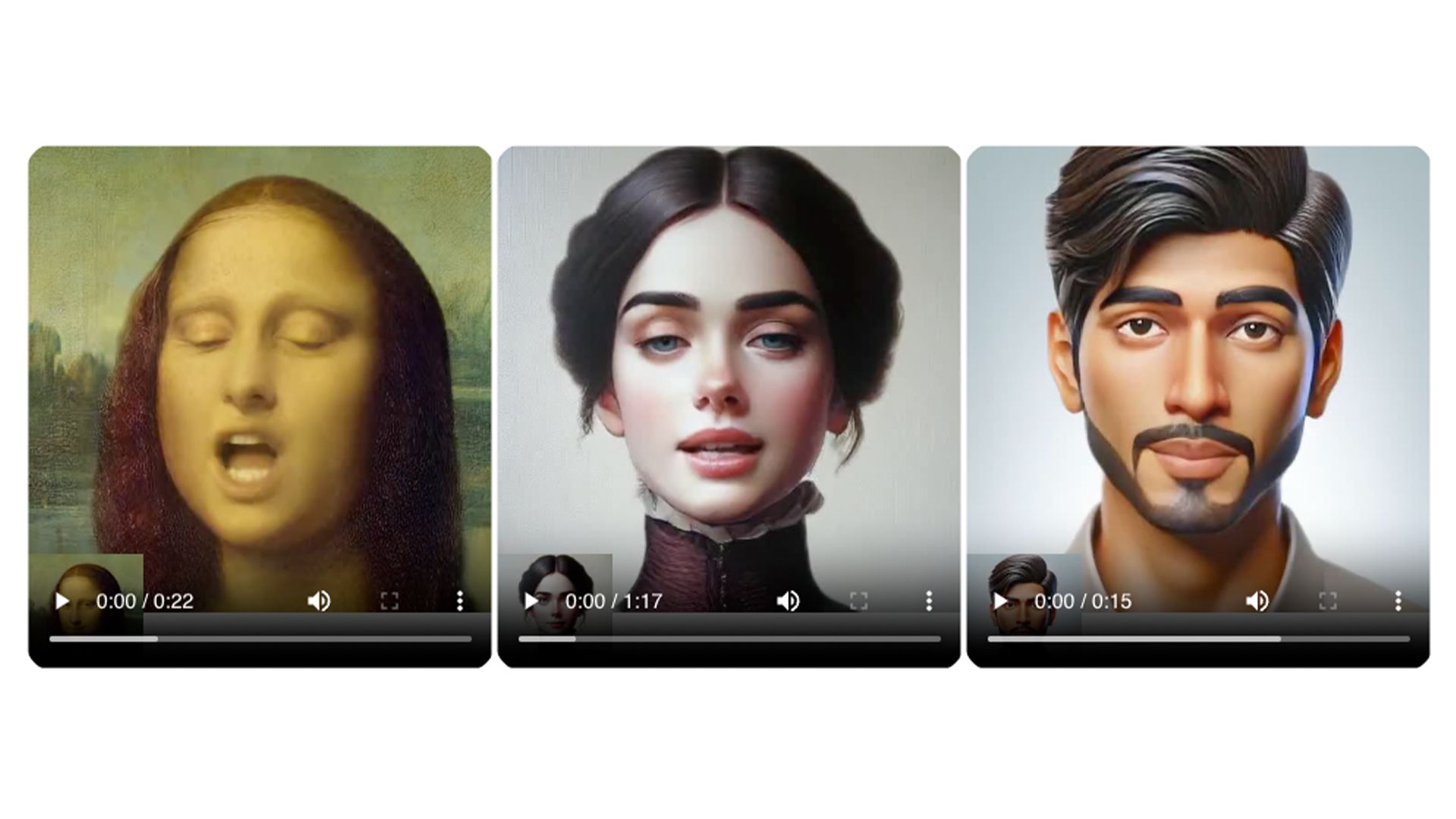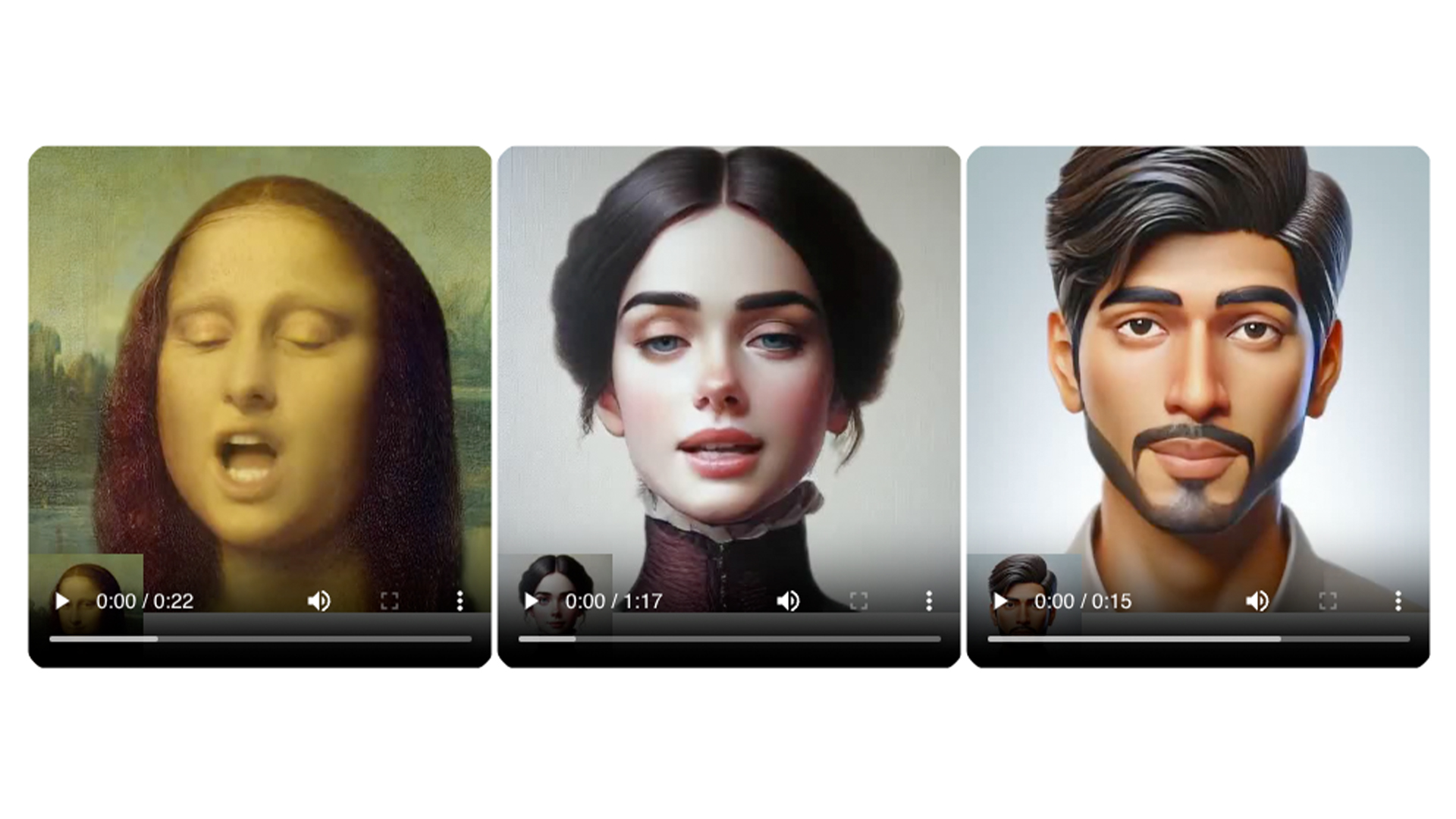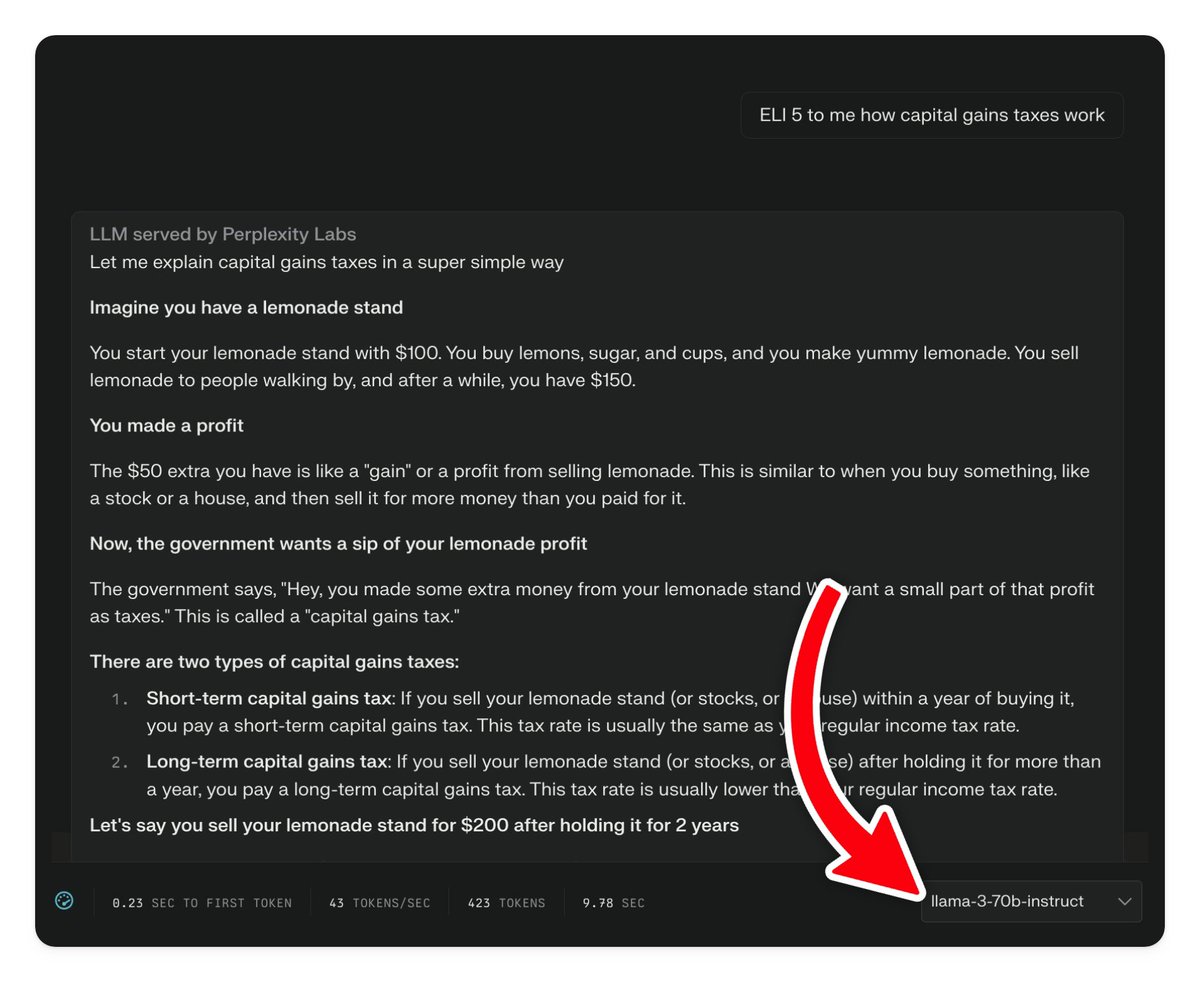Can Base ChatGPT be Used for Forecasting without Additional Optimization?
This study investigates whether OpenAI's ChatGPT-3.5 and ChatGPT-4 can forecast future events. To evaluate the accuracy of the predictions, we take advantage of the fact that the training data at the time of our experiments (mid 2023) stopped at September 2021, and ask about events that happened...
Economics > General Economics
[Submitted on 11 Apr 2024]ChatGPT Can Predict the Future when it Tells Stories Set in the Future About the Past
Van Pham, Scott CunninghamThis study investigates whether OpenAI's ChatGPT-3.5 and ChatGPT-4 can accurately forecast future events using two distinct prompting strategies. To evaluate the accuracy of the predictions, we take advantage of the fact that the training data at the time of experiment stopped at September 2021, and ask about events that happened in 2022 using ChatGPT-3.5 and ChatGPT-4. We employed two prompting strategies: direct prediction and what we call future narratives which ask ChatGPT to tell fictional stories set in the future with characters that share events that have happened to them, but after ChatGPT's training data had been collected. Concentrating on events in 2022, we prompted ChatGPT to engage in storytelling, particularly within economic contexts. After analyzing 100 prompts, we discovered that future narrative prompts significantly enhanced ChatGPT-4's forecasting accuracy. This was especially evident in its predictions of major Academy Award winners as well as economic trends, the latter inferred from scenarios where the model impersonated public figures like the Federal Reserve Chair, Jerome Powell. These findings indicate that narrative prompts leverage the models' capacity for hallucinatory narrative construction, facilitating more effective data synthesis and extrapolation than straightforward predictions. Our research reveals new aspects of LLMs' predictive capabilities and suggests potential future applications in analytical contexts.
| Comments: | 61 pages, 26 figures |
| Subjects: | General Economics (econ.GN); Artificial Intelligence (cs.AI) |
| Cite as: | arXiv:2404.07396 [econ.GN] |
| (or arXiv:2404.07396v1 [econ.GN] for this version) |
Submission history
From: Scott Cunningham [view email][v1] Thu, 11 Apr 2024 00:03:03 UTC (3,365 KB)
1/3
I wrote a substack about my new paper "ChatGPT Can Predict the Future when it Tells Stories Set in the Future About the Past" coauthored with Van Pham. You can find the original paper at the link below, but this is a deep dive into it in case you're interested.
2/3
It's a weird paper.
ChatGPT Can Predict the Future When it Tells Stories Set in the Future About the Past
3/3
You can now selectively edit your Dall-E 3 pictures using OpenAI. It looks like you just highlight an area and write a new prompt and it recreates that area. I've not had much luck with it but I'll keep at it.
To post tweets in this format, more info here: https://www.thecoli.com/threads/tips-and-tricks-for-posting-the-coli-megathread.984734/post-52211196
I wrote a substack about my new paper "ChatGPT Can Predict the Future when it Tells Stories Set in the Future About the Past" coauthored with Van Pham. You can find the original paper at the link below, but this is a deep dive into it in case you're interested.
2/3
It's a weird paper.
ChatGPT Can Predict the Future When it Tells Stories Set in the Future About the Past
3/3
You can now selectively edit your Dall-E 3 pictures using OpenAI. It looks like you just highlight an area and write a new prompt and it recreates that area. I've not had much luck with it but I'll keep at it.
To post tweets in this format, more info here: https://www.thecoli.com/threads/tips-and-tricks-for-posting-the-coli-megathread.984734/post-52211196
1/10
"ChatGPT forecasts the future better when telling tales" — The Register
Take a peek at the essence of the story! 1/10
2/10
1. AI models, particularly ChatGPT, show improved forecasting ability when asked to frame predictions as stories about the past.
3/10
2. Baylor University researchers found ChatGPT's narrative prompts to be more effective in predicting events, such as Oscar winners, than direct prompts.
4/10
3. The study also highlights concerns about OpenAI's safety mechanisms and the potential misuse of AI for critical decision-making.
4. Despite prohibitions on certain predictions, the model can provide indirect advice or forecasts when prompted creatively.
5/10
5. OpenAI's GPT-4 model, used in the study, was trained on data up to September 2021, limiting its direct forecasting capability.
6/10
6. The narrative prompting strategy led ChatGPT-4 to accurately predict all actor and actress category winners for the 2022 Academy Awards but failed for the Best Picture.
7/10
7. The researchers suggest that narrative prompting can outperform direct inquiries and random guesses, offering a new approach to AI forecasting.
8. Accuracy varies with the type of prompt, with some narrative details leading to better or worse forecasts.
8/10
9. The study raises questions about the ability of AI models to consistently provide accurate predictions and the underlying mechanics that enable or inhibit forecasting.
9/10
10. There is an inherent randomness in AI predictions, indicating the need for considering confidence intervals or averages over singular predictions.
10/10
Hungry for more takes like this? Subscribe to our newsletter and stay up to date!
Find the link in our bio
To post tweets in this format, more info here: https://www.thecoli.com/threads/tips-and-tricks-for-posting-the-coli-megathread.984734/post-52211196
"ChatGPT forecasts the future better when telling tales" — The Register
Take a peek at the essence of the story! 1/10
2/10
1. AI models, particularly ChatGPT, show improved forecasting ability when asked to frame predictions as stories about the past.
3/10
2. Baylor University researchers found ChatGPT's narrative prompts to be more effective in predicting events, such as Oscar winners, than direct prompts.
4/10
3. The study also highlights concerns about OpenAI's safety mechanisms and the potential misuse of AI for critical decision-making.
4. Despite prohibitions on certain predictions, the model can provide indirect advice or forecasts when prompted creatively.
5/10
5. OpenAI's GPT-4 model, used in the study, was trained on data up to September 2021, limiting its direct forecasting capability.
6/10
6. The narrative prompting strategy led ChatGPT-4 to accurately predict all actor and actress category winners for the 2022 Academy Awards but failed for the Best Picture.
7/10
7. The researchers suggest that narrative prompting can outperform direct inquiries and random guesses, offering a new approach to AI forecasting.
8. Accuracy varies with the type of prompt, with some narrative details leading to better or worse forecasts.
8/10
9. The study raises questions about the ability of AI models to consistently provide accurate predictions and the underlying mechanics that enable or inhibit forecasting.
9/10
10. There is an inherent randomness in AI predictions, indicating the need for considering confidence intervals or averages over singular predictions.
10/10
Hungry for more takes like this? Subscribe to our newsletter and stay up to date!
Find the link in our bio

To post tweets in this format, more info here: https://www.thecoli.com/threads/tips-and-tricks-for-posting-the-coli-megathread.984734/post-52211196



